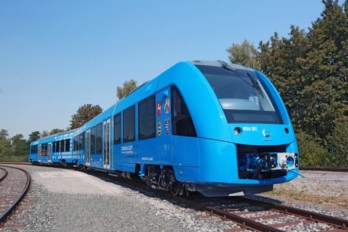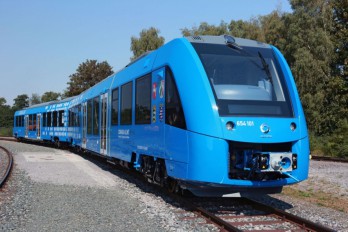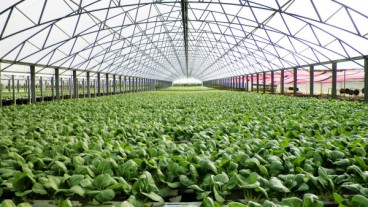Hydrogen and Nuclear Energy Unite to Cut Asphalt’s Carbon Footprint

The construction industry is taking a bold step toward sustainability with the introduction of nuclear-enabled hydrogen to power asphalt production. A groundbreaking initiative, led by a team of engineers and researchers, is set to replace fossil fuels with low-carbon hydrogen in an effort to decarbonize the asphalt industry.
Hydrogen, produced through electrolysis using nuclear energy, has long been considered a key solution for reducing emissions in heavy industries. With support from industry experts and research institutions, a pilot project is now demonstrating the viability of hydrogen-powered asphalt burners, marking a world-first innovation in sustainable construction.
Engineering a Sustainable Solution
The engineering team behind this initiative has integrated Solid Oxide Electrolyser Cell (SOEC) technology into a nuclear power plant, harnessing its excess heat and steam to efficiently produce hydrogen. The hydrogen is then used in customized asphalt burners, which have shown a 50% reduction in nitrogen oxide (NOx) emissions and near-zero carbon output during initial trials.
With successful pre-commissioning tests completed, live demonstrations at an asphalt facility are expected to take place later this year. This milestone reinforces the potential of hydrogen as a clean alternative to traditional fuels in construction.

A Step Toward Net Zero
Asphalt production is an energy-intensive process, but by integrating hydrogen-powered solutions, the industry is paving the way toward net-zero emissions. This project serves as a blueprint for future hydrogen applications, ensuring a cleaner, more sustainable future for road construction and infrastructure development.
Sources: newcivilengineer.com, uknnl.com
Want to read more like this story?

Hydrogen in Action: Landmark Trial for Road Building
Jun, 11, 2025 | NewsThe UK’s journey toward low-carbon construction marked a significant milestone with the completion...

London's first hydrogen filling station opened its gates
May, 18, 2016 | NewsThe hydrogen fuel station in Teddington uses excess or 'spare' electricity on the grid to generate i...

Collaborative Effort Explores Algae for Lower-Carbon Road Construction
May, 13, 2024 | NewsIn the quest to mitigate the environmental impact of construction, a unique collaboration spearhea...

From Emissions to Solutions: The Rise of Carbon-Storing Highways
Mar, 30, 2025 | NewsThe UK is at a turning point in road construction. As the government shapes its Road Investment Str...

First potentially carbon-neutral asphalt replacement successfully trialed in Lancashire
Jan, 22, 2024 | NewsAggregate Industries recently partnered with the Lancashire County Council and trialed a new carbon...

World's first hydrogen-powered passenger train will be launched in Germany next year
Oct, 21, 2016 | NewsCoradia iLint is a new CO2-emission-free regional train, providing an alternative to diesel power...

First Hydrogen-Powered train in the world launched in Germany
Oct, 03, 2018 | NewsThe first hydrogen-powered railway, introducing a more eco-friendly technology of transporting, was...

Australian researchers have developed a solar paint that turns water vapor into hydrogen
Sep, 18, 2017 | NewsIt draws moisture from the air, splitting it into oxygen and hydrogen, the cleanest source of energy...
The prospects for carbon-neutral buildings
Oct, 27, 2023 | NewsIn the United Kingdom, buildings account for 33% of greenhouse gas emissions and 40% of global ener...
Trending

Vertical gardens in Mexico City to combat pollution

Saudi Park Closed After 360 Big Pendulum Ride Crashes to Ground, 23 injured

Characteristics of Load Bearing Masonry Construction

Taipei 101’s impressive tuned mass damper

Dutch greenhouses have revolutionized modern farming

Federal court rules Biden’s offshore drilling ban unlawful


